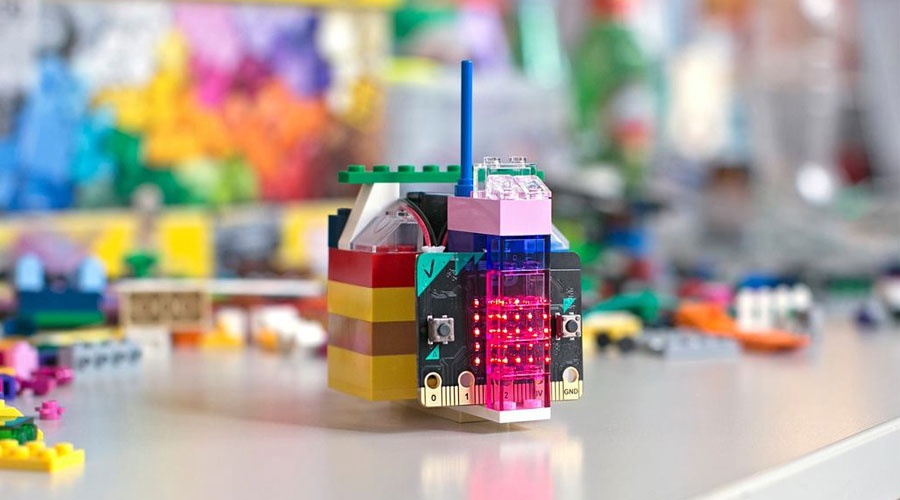Startup Watch: Techies for kids, entrepreneurship in outer space, and more on Islamic fintech

The world of entrepreneurship news is a complex one, with people ever ready to give their two cents on how you should be running your business/VC fund/incubator.
Here’s our wrap of how entrepreneurs are eying the outer space in their ideas pursuit, kids tech fiesta, and the latest on the region’s fintech industry.
Entrepreneurship from outer space. Emergency trauma doctor, inventor, astronaut, and professional thrill-seeker Dr. Scott Parazynski is offering people embarking on the entrepreneurship journey a motivating message on thriving in the face of adversity. From a very young age, it was clear to Parazynski that life’s greatest lessons happen outside of school, and that with lofty goals, come great things. Check his tips and give yourself some space.
Space tourism revolution: breaking the final frontier. Star Wars, Star Trek and now Star-Tourism. Various entrepreneurs including Richard Branson and Paul Allen are funding space tourism startups with hopes to bring space tourism into real life. Space labs are no stranger to our region either, with the UAE founding its Space Agency in 2014, and Khalifa University having the region’s first space lab. With Kuwait and Bahrain also following the same path, will we be soon organizing the first regional tourism packages to new planets?
Tech apps for kids.Tech Will Save Us, a startup aiming at offering hands-on playtech, launched the ‘Dough Universe’ Kickstarter campaign, with three special kits allowing kids to learn about the basics of electricity. Another venture by the startup, a tablet app on iOS and Android, will allow kids to use the digital world to bring the physical world to life.
Kids, eat your veggies. Vegy Vida is a Cincinnati startup that aims to encourage kids to eat more vegetables. The startup’s product was created taking into consideration kids’ preferences and stuff they like, or don’t. We will be seeing more moms with happy faces.
Islamic fintech hubs on the rise. Though fintech is emerging in the Middle East, the region is still not there yet. While over $50 billion were invested in fintech globally since 2010, only one percent were dedicated to the MENA region. However, many of the regional countries, including Saudi Arabia, Egypt, the UAE, and Bahrain, are putting more efforts to strive in Islamic fintech, a category that will distinguish this corner of the world.
Wamda of the week: Islamic fintech in Egypt in focus. Moneyfellows, an Egyptian fintech startup, is digitizing this old local micro-financing model, known as ‘jameya’ in Egypt, to appeal to a rising new generation. Jameya consists of a group of people monthly pitching in a fixed amount of money to a pot, and everyone takes turns taking home all of the money at the end of each month. The practice is also called rotating scoring and credit associations (ROSCA). This even distribution of a community’s financial resources helps each community member pay off larger expenses he normally wouldn’t be able to afford if depending on his income alone.
Amazon, Google, watch out. Apple unveiled a smart home speaker called HomePod, with plans to take on Amazon Echo and Google Home’s devices. This new tech gadget is emphasizing on audio quality, loading its pod with seven tweeters and a woofer as well as ‘spatial awareness’ to automatically detect its location in a room, as described in the article.
More celebs in the tech world. Before he died last year, the famous pop musician Prince had anonymously invested around $250,000 in Powerhouse, an incubator and accelerator that links solar entrepreneurs with investors.


